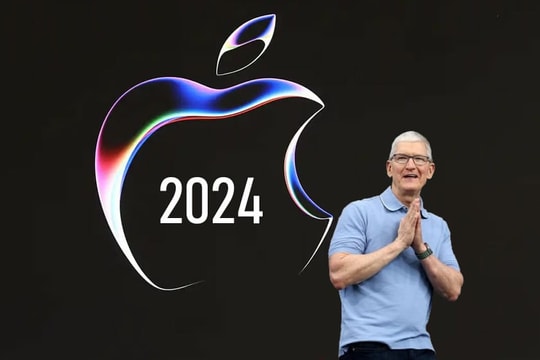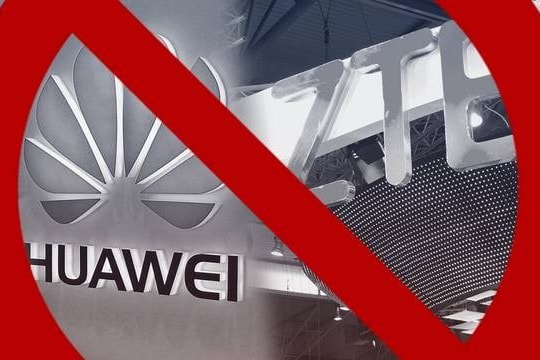Apple lost the lawsuit and was ordered to pay over $14 billion in back taxes.
In a recent development, the European Supreme Court has just ruled that the technology giant Apple must collect a record amount of tax arrears of up to 14.4 billion USD. This decision marks an important milestone in the fight against tax evasion by multinational corporations.
Just one day after launching a series of new products, Apple suffered a heavy blow when the European Supreme Court ruled that it must pay a record amount of 14.4 billion USD in back taxes for taking advantage of Ireland's preferential tax policy. This decision ended an 8-year legal battle and marked a major defeat for the 'bitten apple' in the fight against tax evasion.
The European Court of Justice's ruling is final and cannot be appealed, meaning Apple is forced to comply and has no chance of overturning it. The decision shows the EU is getting tougher on regulating the activities of big tech companies.

In its ruling against Apple, the European Court of Justice has confirmed that special tax arrangements Ireland has granted to Apple for years are illegal, breaching EU state aid rules. This means Ireland has favored Apple by allowing it to pay less tax than other companies, creating an unfair competitive advantage.
Accordingly, to minimize tax obligations, Apple has set up a complex system in which profits from sales in Europe are transferred through subsidiaries based in Ireland, taking advantage of the country's low corporate tax rate.
In 2016, the European Commission (EC) concluded that Apple's practice was illegal because it created an unfair competitive advantage. This decision was appealed by both Apple and Ireland.
Although Apple initially won a temporary victory in the lower court, the EC did not give up. It decided to appeal to the European Supreme Court and eventually won.
The European Court of Justice has ruled that Apple illegally exploited loopholes in Irish tax law to avoid paying taxes. The decision sets an important precedent, forcing multinational companies to be more transparent in their business practices.
Apple has protested the decision, claiming that the core issue is not the amount of tax the company has to pay, but the right of a multinational company to decide where it legally pays its taxes. The company says it has always paid its taxes on time and has never received any special treatment. Apple also argues that the EU is trying to change the rules mid-way and apply new rules retroactively, ignoring international law, which is completely unfair.
Following the court ruling, the Irish government will transfer the $14.4 billion held in a special account to ensure enforcement of the ruling to the state budget. The recovery of the money is a major step in the EU's fight against tax evasion. Countries around the world are working to build a new international tax framework to prevent multinational companies from exploiting legal loopholes to minimize their tax obligations.





